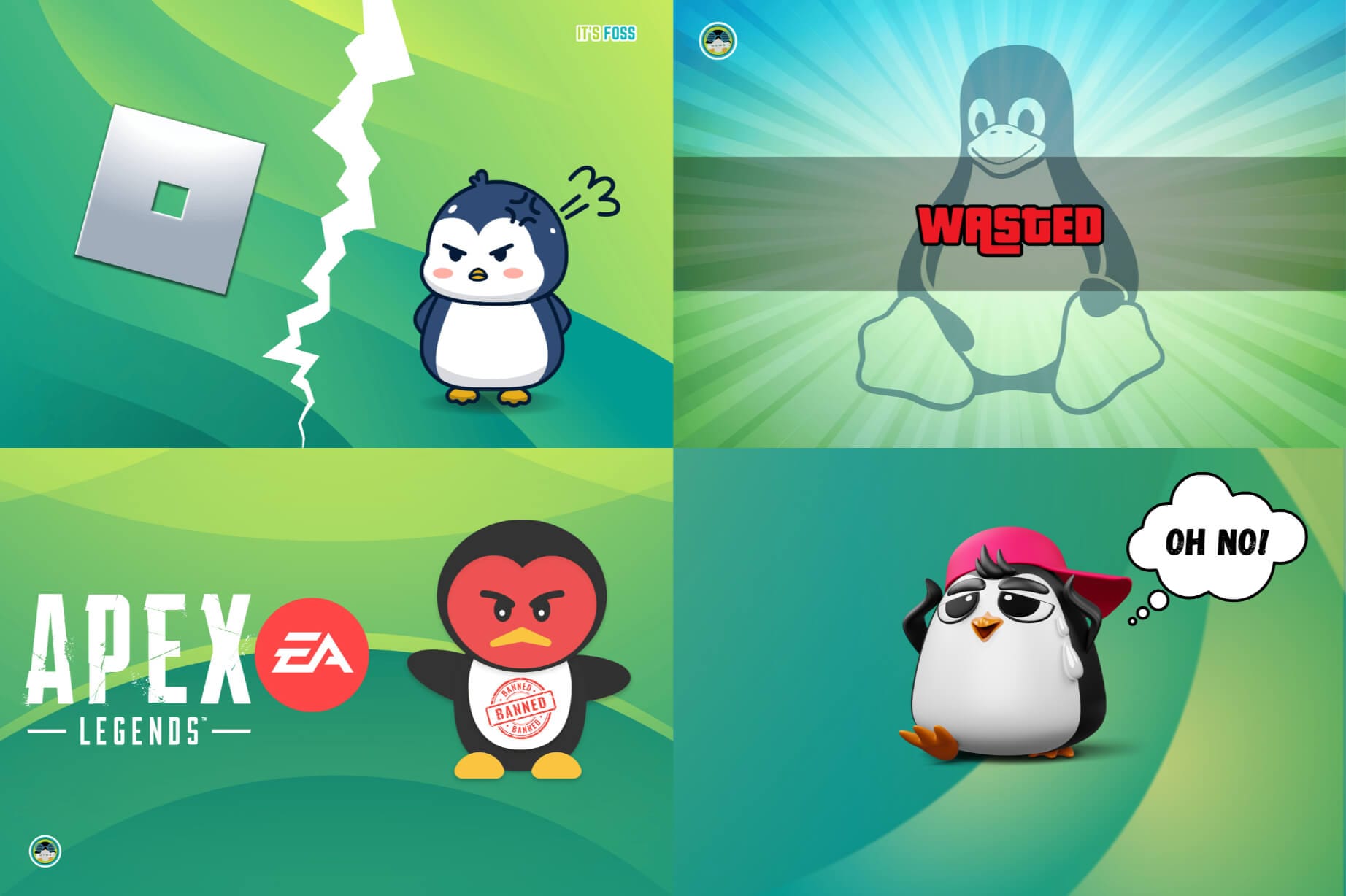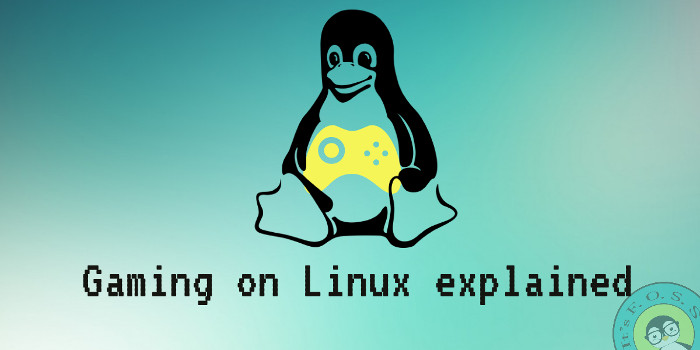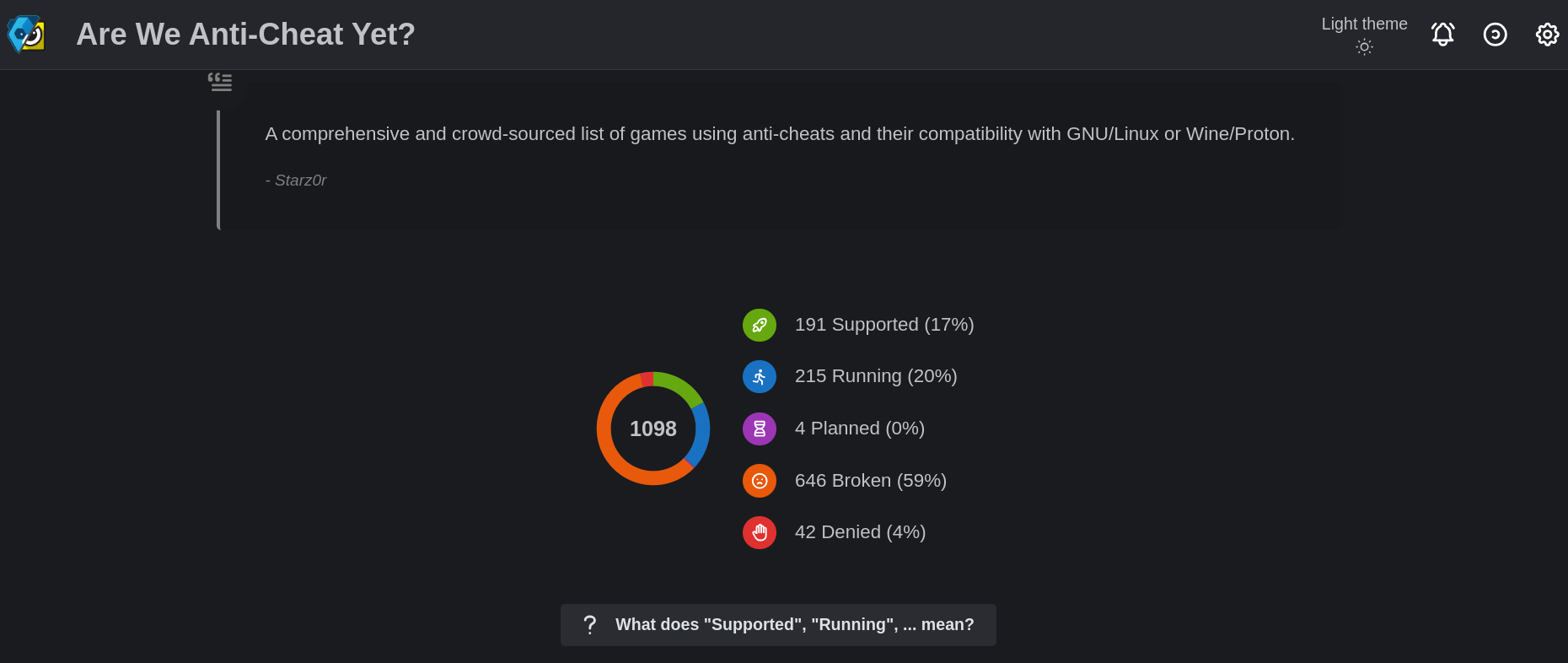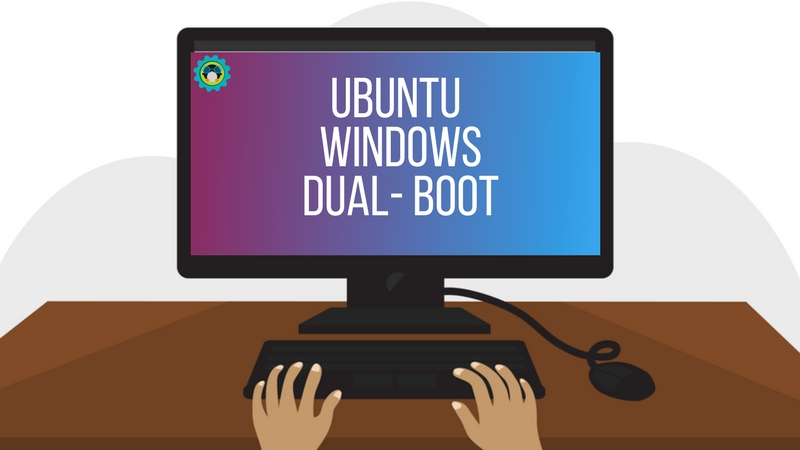
Playing games on Linux has become a joy thanks to the many native games being released, and tools like Wine and Proton making it a breeze for playing games originally made for Windows.
Sadly, multiplayer gaming support has been taking big hits since 2023, with the second half of 2024 not being that different. Many gamers on Linux have found themselves facing newly introduced compatibility issues that were not present earlier.
You see, many popular games have kneecapped support for Linux recently. Even though they didn't officially support the platform in the first place, they have managed to make it harder for Linux gamers to enjoy a multiplayer session with their friends.
Games Banning Linux as a Platform: Who Are They?

Well, we first start with Electronic Arts (EA), who went on something of an anti-cheat spree, where they introduced the EA Anti-Cheat solution for their popular video games like Battlefield, FIFA, The Sims 4, etc., breaking support for Linux in the process.
They did something similar with another one of their other titles, Apex Legends too, where they decided to block both Linux and Steam Deck users from playing the game, citing a cheater problem.
Not to forget Rockstar Games, who implemented a long-requested anti-cheat solution for GTA Online, only to entirely ignore Linux as a platform, failing to enable support for it.
Is Linux an Issue for Game Developers?
Of course, there are some technical things to consider. In contrast to Windows, having kernel-level anti-cheats on Linux can be very much an issue as the user has complete control over the kernel, making it harder to detect cheats.
Even so, the likes of BattlEye and Easy Anti-Cheat do support Linux natively, so there's room for improvement from both the game and anti-cheat developers' sides.
In all of this, however, one thing is clear: game developers are unwilling to give Linux (as a platform) a fair chance. On the one hand, they insist that “Linux is an open door for cheaters” (read pinned comment), but on the other hand, cheats on Windows are rampant (research paper), with new ones being constantly pushed for any new/old multiplayer game that's popular with players.
We don't see them cutting off support for that platform now, do we? 😑
Yes, yes, I get that Windows has more market share than Linux, but isn't it a bit unfair to kick out a notable chunk of the player base just because they use a Linux-based operating system? Shouldn't you be going after the cheat makers themselves?
Considering the number of Steam Deck users running Linux (which is the default operating system), the multiplayer game developers might have shot themselves with banning Linux as a platform.
Suggested Read 📖

What Can Game Developers Do?

Give more thought to Linux gamers, for starters! Are people not entitled to play games they have invested their time and money into? You just need to allocate some dedicated time and manpower for handling Linux, and that should go a long way.
But, alas, gamers on Linux are but a minority, and it is unlikely that these mainstream game developers will give serious consideration to what gamers on Linux want.
Ultimately, game developers should not be underestimating the Steam Deck users running Linux. The handheld gaming market is catching up with options like Steam Deck.
Ignoring Linux as a platform, with a company like Valve invested in it, may not be a wise choice 😉
What Can Gamers Do?

If you were looking to play a Linux-supported multiplayer game with anti-cheat, then I suggest you go through the “Are We Anti-Cheat Yet?” website. It is a community-driven resource that contains anti-cheat details on over 1000 titles, with helpful status indicators for each entry.
Whether you are a Linux PC gamer or a Steam Deck user, I encourage you to support games by Indie developers like Supergiant Games, Klei Entertainment, Team17, Bitrich.info, etc.
Simply because they care about dedicating manpower and time to provide support for Linux, both natively and via tools like Proton.
Am I missing any other fantastic indie developers supporting Linux? You are welcome to remind me in the comments 😉
You could also go for popular PVP/PVE games like these:
And, if you cannot let go of some games that are broken on Linux by the game developers, the most obvious solution would be to dual-boot Windows alongside a distro like Ubuntu, giving you the best of both worlds.

💬 What do you think? Is multiplayer gaming on Linux being killed off by big-name game developers deliberately?
- Even the biggest players in the Linux world don't care about desktop Linux users. We do.
- We don't put informational content behind paywall. Your support keeps it open for everyone. Think of it like 'pay it forward'.
- Don't like ads? With the Plus membership, you get an ad-free reading experience.
- When millions of AI-generated content is being published daily, you read and learn from real human Linux users.
- It costs just $2 a month, less than the cost of your favorite burger.
Become a Plus Member today and join over 300 people in supporting our work.










